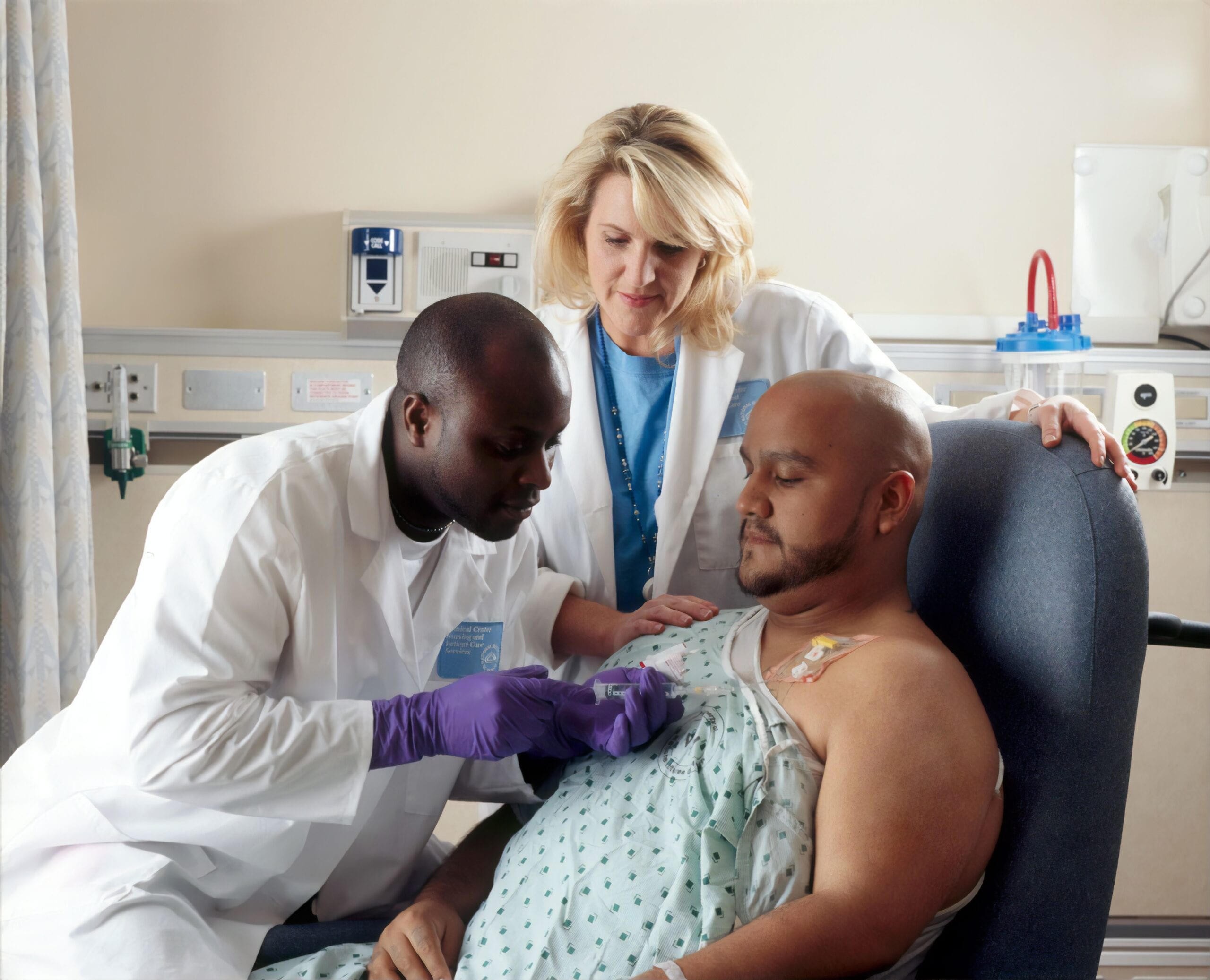Cannabidiol is the talk of the town nowadays. Once available only in underground markets, you can now get your hands on various CBD products, from oils and tinctures, from your nearest pharmacy. This is all thanks to the movement that spurred a new wave of marijuana legalization. So, what is CBD and what role does it play for cancer patients undergoing chemotherapy? Is it safe? Does it have any therapeutic benefits? Does it have the potential to cure Cancer?
Here’s what we know:
What Is CBD Oil, and How Is It Different from Marijuana?
There are two main varieties of the cannabis plant: Marijuana and hemp. Both contain cannabidiol. However, Marijuana contains another cannabinoid in high concentrations called tetrahydrocannabinol. THC is psychoactive and induces a high. It is also linked to adverse side effects, such as delirium and hallucinations.
On the other hand, hemp has trace amounts of THC. This makes it a safer source of CBD, as unlike THC, CBD is not known to cause THC’s negative psychoactive effects.
Despite its excellent safety profile, the main question is: Can CBD cure Cancer.
The short answer is: we don’t have enough credible evidence to prove CBD oil can cure Cancer. But some studies show that CBD oil may help manage the symptoms of cancer treatment, including chemotherapy. However, even here, the data is mixed, and the evidence is based on animal-based trials, which don’t necessarily apply to human models.
Some research suggests that CBD and THC may help alleviate nausea, vomiting, appetite suppression, nerve pain, anxiety, depression, insomnia, and many other typical chemotherapy side effects. The FDA has also approved cannabinoid-based drugs called dronabinol to treat chemotherapy-associated nausea and vomiting. However, it has not shown visible superiority to other conventional medications.
Has The FDA Approved CBD Drugs For Chemotherapy?
While there are synthetic CBD-based drugs to manage chemotherapy, there are none to treat or cure Cancer. This is because CBD science is still in its infancy. Scientists are still in the process of understanding how CBD affects cancerous growths. Until extensive human clinical trials are carried out, the possibility of CBD-based drugs to treat cancer are scarce.
Have any products using CBD oil been approved by the FDA to treat anything?
Although there aren’t any CBD-based drugs to treat cancer, there is one that’s been used to treat Epilepsy. In 2018, the FDA approved Epidiolex, a CBD-based oral solution, to treat two severe forms of Epilepsy — Dravet Syndrome and Lennox Gastaut Syndrome. However, aside from Epidiolex, most CBD drugs have either flopped or failed to pass FDA approval.
What Are The Dangers Of Using CBD Oil In Chemotherapy?
Regulation is one of the biggest concerns with CBD oil sales and distribution. While the World Health Organization published a critical view, claiming CBD has no substance abuse potential and is generally safe for use, we can’t discount the possibility of contamination in CBD products. In fact, one survey suggested that most CBD products contained ingredients detrimental to human health. These included heavy metals, pesticides, and other dangerous additives.
One study found that some brands of CBD were contaminated with 5F-ADB, a chemical that mimics THC. 5F-ADB is potentially addictive and offers no medicinal use. Therefore, it is illegal. Other substances have also been found in CBD products. These include dextromethorphan, arsenic, and mold.
To make sure you’re buying a high-quality CBD product, check customer reviews, and see whether the vendor supports third-party lab testing. Most companies publish their products’ lab results on their websites, listing everything from total CBD concentration to percentages of pesticides used to manufacture the product.
Also, make sure your CBD product is from a hemp source, not Marijuana. Furthermore, you should verify the extraction method used to produce your product. Supercritical CO2 extraction is the most superior and results in little to no cross-contamination. It also ensures the THC content in the final product is lower than the legally permitted level of .3%.
Lastly, some people may experience allergic reactions to some CBD or cannabis products. Especially, breastfeeding women and immunosuppressed individuals should practice caution and consult with their doctor before using any CBD product.
Does CBD Oil Have Any Side Effects?
CBD may hurt liver function. Epidiolex, in particular, may pose this danger. Furthermore, studies have shown that CBD may partake in inhibition of the CYP3A4 enzyme system. CYP3A4 enzyme processes almost 60% of the pharmaceutical products available in the market. Any hindrance in its activity may slow down the metabolic breakdown of certain medications, reducing their efficacy. This interference may especially affect chemotherapy drugs, which share a special affiliation with the enzyme system.
This is something cancer patients should wrap their heads around as it concerns their safety. Most of these individuals think that CBD is a health supplement and may use it without consultation from a competent physician. This may lead to unwanted side effects and complications.
Is CBD Oil Even Legal For Cancer Patients?
The legal status of CBD is not straightforward. At the federal level, any marijuana product, and this includes CBD, is not legal, even for medicinal purposes. Although the Farm Bill greenlit Hemp Production nationally, it didn’t allow CBD to be marketed as a medical drug. CBD products made for medical use, therefore, need to go through a rigorous FDA review before getting approval.
If you’re worried about failing a drug test, you can use products free of THC. THC is the compound most employers and law enforcement personnel test for. You can purchase CBD isolates or Broad-Spectrum CBD products, which have little to no THC in their composition.
Final Thoughts
So, what’s the most important thing cancer patients should keep in mind before using CBD oil? There’s a lot of uncertainty. Therefore, it’s important to consult your oncologist to ensure CBD doesn’t adversely interact with other medications in your regimen. Also, steer clear from products that claim to have medicinal value. Epidiolex is the only FDA-approved pharmaceutical drug right now.


